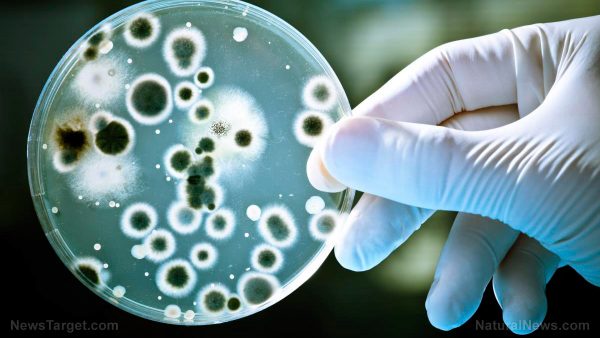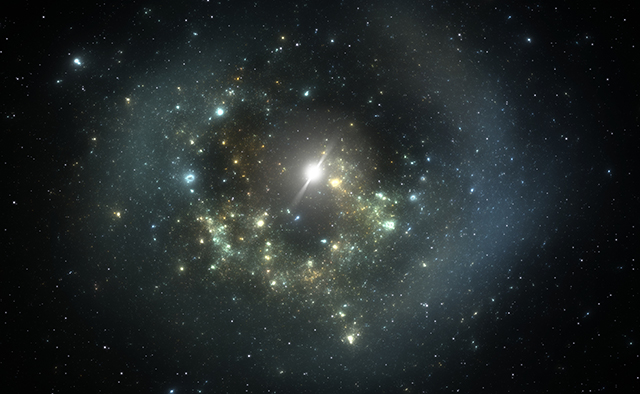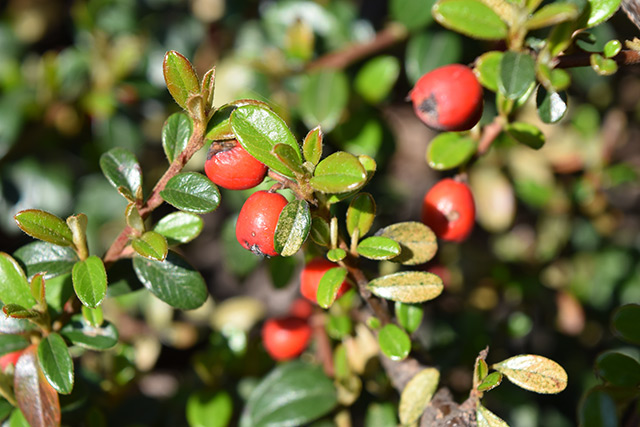 Parler
Parler Gab
Gab
- A single dose of psilocybin rapidly reversed chronic pain and depression in mice.
- The compound works by calming overactive brain circuits, not by healing the injury.
- Psilocybin targets a specific brain region that links physical pain and emotional suffering.
- This research offers a promising, non-addictive alternative to opioid painkillers.
- The effects were long-lasting, continuing for nearly two weeks after a single treatment.
Quick and dramatic results
On day 27 of the study, researchers administered a single injection of psilocybin. The results were dramatic and rapid. Within just 24 hours, sensitivity to pain dropped to normal levels in both groups of mice. The animals also returned to typical behavior in tests measuring anxiety and depression. Even more remarkably, these improvements lasted for the entire 12-day observation period following the single treatment. The location of psilocybin’s action proved crucial to its success. When researchers injected the active compound directly into the anterior cingulate cortex of the brain, they saw the same dramatic improvements as with full-body treatment. However, when they injected it into the spinal cord near the injury site, nothing changed. This indicates that psilocybin works by modulating brain circuits that process pain rather than simply blocking pain signals at the site of injury. The mechanism behind this remarkable effect involves psilocybin’s unique interaction with serotonin receptors in the brain. The compound acts as a partial agonist on both 5-HT2A and 5-HT1A receptors simultaneously. Researchers found that blocking either receptor before administering psilocybin caused all benefits to vanish. Interestingly, fully activating these same receptors individually did not produce the same therapeutic effects. Only psilocybin’s gentle, partial activation of both receptors simultaneously restored normal brain activity.Recalibrating the brain
The pain relief did not come from healing the physical injury itself. When researchers examined nerve injury sites 40 days later, damage was still visibly present. The reversal of pain came entirely from changes in how the brain processes pain signals, not from tissue repair at the injury site. This suggests psilocybin works by recalibrating specific brain circuits that chronic pain has knocked out of balance rather than by addressing peripheral damage. Senior author Joseph Cichon, an assistant professor of Anesthesiology and Critical Care at Penn, explained the significance of these findings. "As an anesthesiologist, I frequently care for people undergoing surgery who suffer from both chronic pain and depression," Cichon said. "This new study offers hope. These findings open the door to developing new, non-opioid, non-addictive therapies as psilocybin and related psychedelics are not considered addictive." The study provides compelling evidence that chronic pain and depression reinforce each other through shared brain pathways. Mice with worse pain consistently showed more severe depression and anxiety symptoms across multiple behavioral tests. Psilocybin’s ability to address both conditions simultaneously suggests it targets the core brain circuitry linking physical and emotional suffering. For those trapped in the devastating cycle of chronic pain and depression, this research illuminates a path forward that bypasses the limitations and dangers of current pharmaceutical options. While more research is needed to confirm these effects in humans, the study represents a significant step toward understanding how natural compounds can help restore balance to brains transformed by chronic suffering. In a medical landscape dominated by synthetic pharmaceuticals with dangerous side effects, nature may once again provide the most elegant solution to human suffering. Sources for this article include: StudyFinds.org ScienceDaily.com SciTechDaily.com Nature.comBergamot improves schizophrenic brain function
By News Editors // Share
U.S. military resurrects ancient Arctic bacteria genetically linked to deadly botulism toxin
By Lance D Johnson // Share
Poor sleep is prematurely aging the brain, study reveals
By Ava Grace // Share
Citizen scientists discover ghostly RADIO RINGS, a discovery that rewrites galactic history
By Lance D Johnson // Share
The golden alkaloid: Berberine’s ancient roots and modern revival
By Ava Grace // Share
Governments continue to obscure COVID-19 vaccine data amid rising concerns over excess deaths
By patricklewis // Share
Tech giant Microsoft backs EXTINCTION with its support of carbon capture programs
By ramontomeydw // Share
Germany to resume arms exports to Israel despite repeated ceasefire violations
By isabelle // Share










